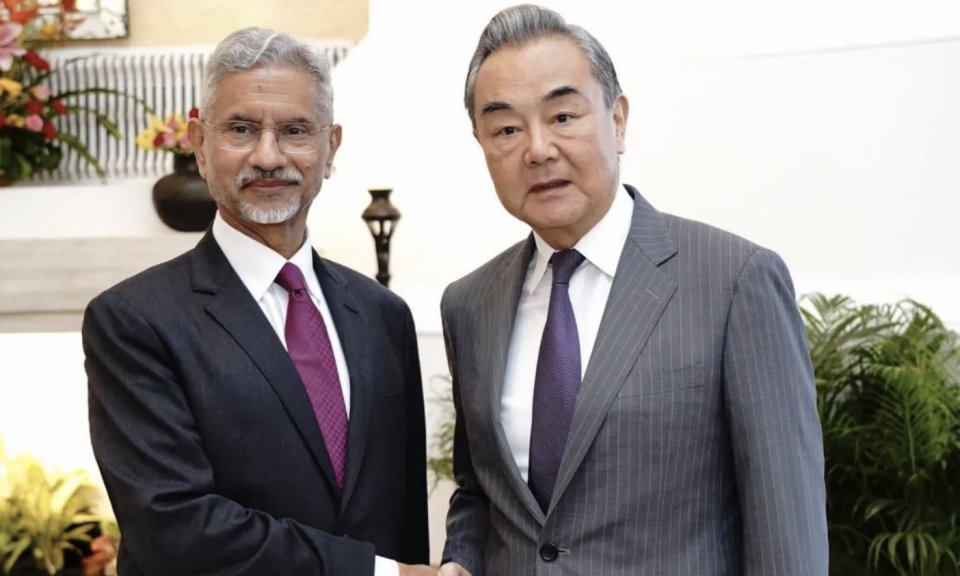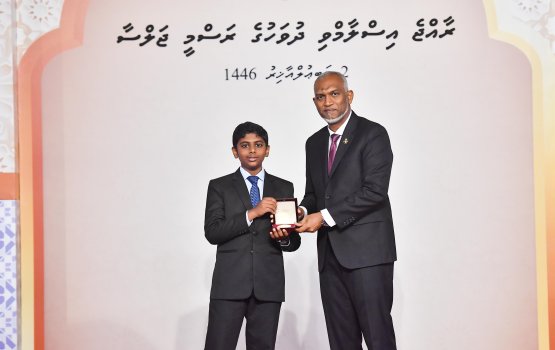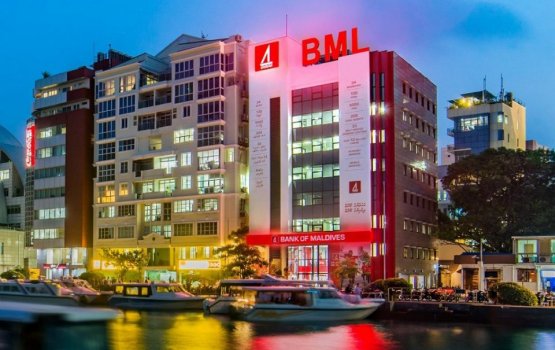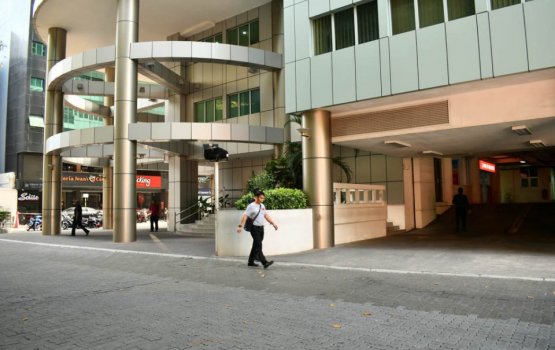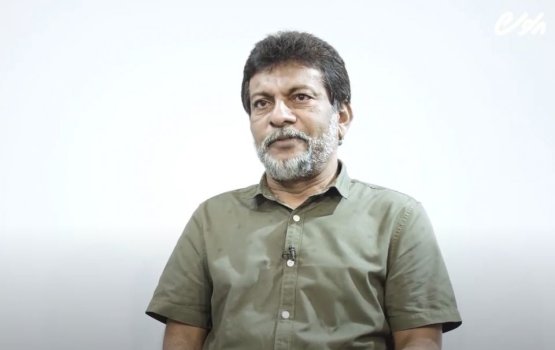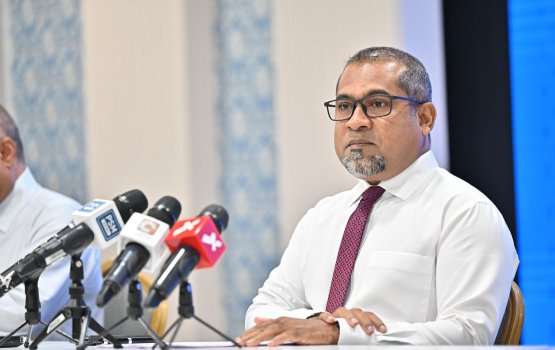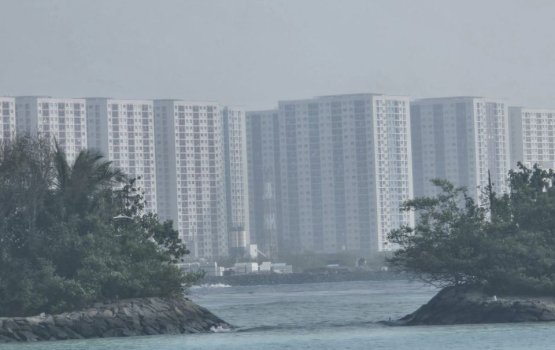New Delhi: Chinese Foreign Minister Wang Yi on Monday said India and China should regard each other as “partners” rather than “adversaries or threats,” as he began a two-day visit to New Delhi aimed at stabilising relations between the two neighbours.
This is only the second high-level engagement between the two sides since 2020, when clashes in Ladakh’s Galwan Valley led to a severe downturn in bilateral ties.
Wang met with External Affairs Minister S. Jaishankar on Monday and met Prime Minister Narendra Modi on Tuesday. Ahead of his talks, Wang noted that relations were moving on a “positive trend” towards cooperation. Jaishankar acknowledged the effort to “move ahead from a difficult period in our ties.”
The two foreign ministers discussed a wide range of bilateral issues, including trade, pilgrimages, and river data sharing. On Tuesday, Wang also held talks with National Security Advisor Ajit Doval as part of ongoing boundary negotiations.
“Stability has now been restored at the borders,” Wang said during his meeting with Doval, adding that recent setbacks were not in the interest of either country.
The visit is seen as a sign of a thaw between the two nuclear-armed neighbours. In October last year, India and China agreed on new patrolling arrangements to de-escalate border tensions. Since then, both countries have taken steps to normalise ties, including allowing Indian pilgrims to visit key sites in Tibet, restarting Indian visa services for Chinese tourists, and resuming discussions on reopening border trade through designated passes. Reports also suggest that direct flights may resume later this year.
Wang’s visit is expected to prepare the ground for Modi’s upcoming trip to China for the Shanghai Cooperation Organisation (SCO) summit—his first in seven years. While there are some headlines about a possible bilateral meeting between Modi and President Xi Jinping, no confirmation has been given.
The rapprochement comes against the backdrop of growing friction in India-US ties. Earlier this month, US President Donald Trump imposed an additional 25% penalty on Indian imports over its continued purchase of Russian oil and defence equipment, raising overall tariffs on Indian goods to 50%—the highest in Asia.
In an opinion piece in The Financial Times on Monday, White House Trade Advisor Peter Navarro accused India of “cosying up to both Russia and China,” saying that India was acting as a “clearinghouse for Russian oil” and needed to behave like a strategic partner if it wanted closer ties with Washington.
Speaking after his meeting with Wang, Jaishankar said the talks also touched on global developments. “We seek a fair, balanced and multipolar world order, including a multipolar Asia,” he said. He also emphasised the importance of “reformed multilateralism” and stability in the global economy. (Source: BBC)

